Let’s Settle This Once and For All: Prince Harry Wanted to Leave the Royal Family Long Before He Even Met Meghan Markle
The displaced blame—and especially the gross term \201cMegxit\201d—needs to stop.
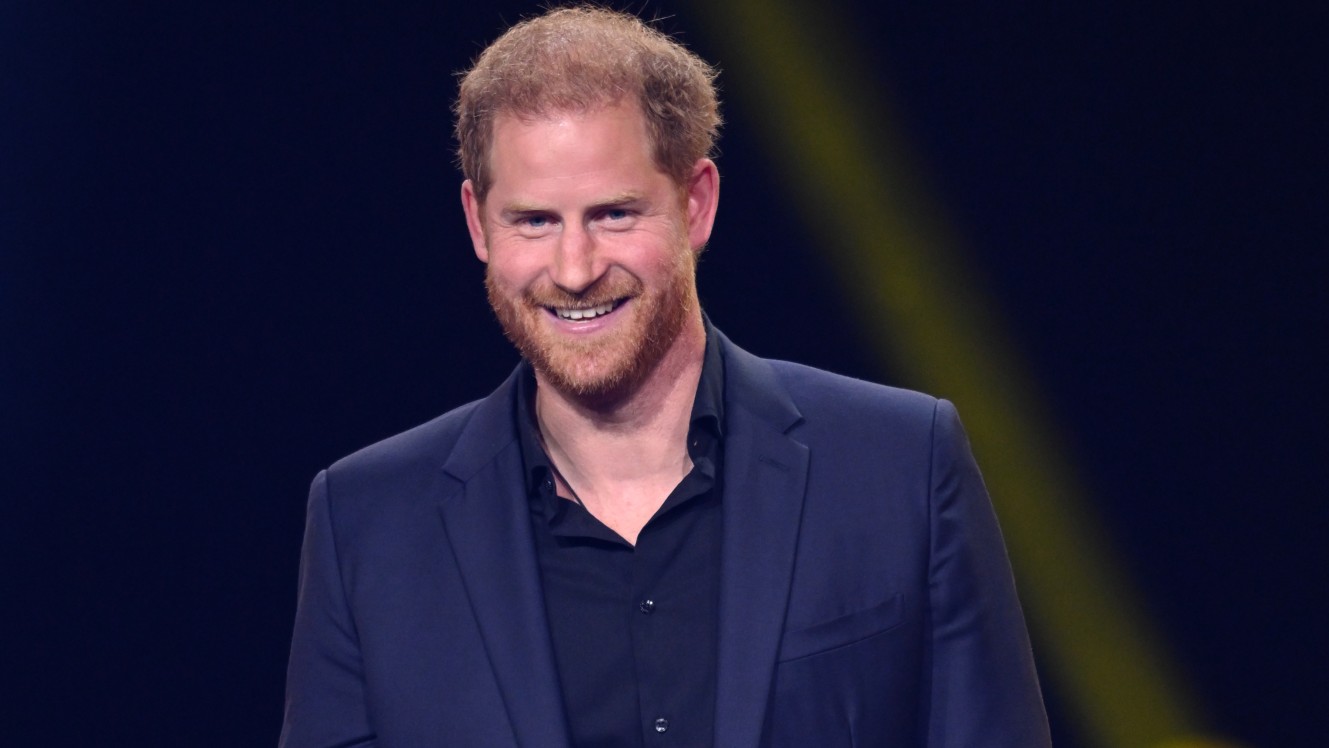

One of this writer’s least favorite words is Megxit, the derogatory term given to Prince Harry and Meghan Markle’s departure as working members of the royal family in January 2020. It places all of the blame on Meghan for the couple’s decision to leave and, if one knows anything about Harry, it’s blame that is grossly misplaced: Harry was unhappy inside the confines of the royal family long before he even met Meghan in 2016, let alone married her. Megxit, again to this writer, is a word that encapsulates what society is so prone to do—blame the woman for the problem.

The Mirror reports that Harry was always destined to walk away and always planned to “do his own thing,” no matter who he married or didn’t marry. In reports from 2019, it was revealed that Harry had made plans with his brother, Prince William, to split up the household and their staff to make things more seamless for their respective growing families, The Mirror reports. Ahead of Prince Archie’s birth that May, royal correspondent Omid Scobie said that aides at Kensington Palace confirmed that plans to split the household were in place “long before Meghan even came on the scene.” (For context: before anyone knew what was to come in January 2020, the splitting off of Harry in particular from William and Kate as fellow working royals—since the three had been working together as a trio for so long—was a shift seen as quite seismic; we didn’t know what was ahead.)
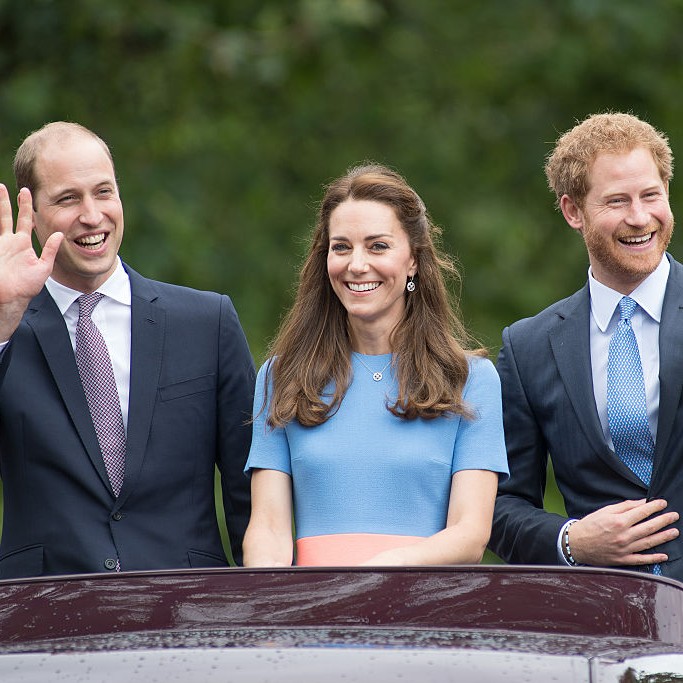
“I’ve had aides at Kensington Palace say to me that long before Meghan even came on the scene, they always knew that when he got married and wasn’t sort of the spare wheel, that he would go off and do his own thing with his partner and they would very much live under their household with their own staff,” Scobie said at the time of Archie’s impending birth. “A lot of people expected this to be a divide which happened a lot further down the line, but baby Sussex is just around the corner and there’s a lot to do before then, so this split of the households will be the most important thing. It’s very easy, or maybe I should say lazy, to allow this to play into that narrative of ‘Oh, they’re at each other’s throats.’ It [the split of households] sounds dramatic, but they will still have the same staff, it’s just that some will be working on the Sussexes and some on the [then] Cambridges, as they have very different staff.”
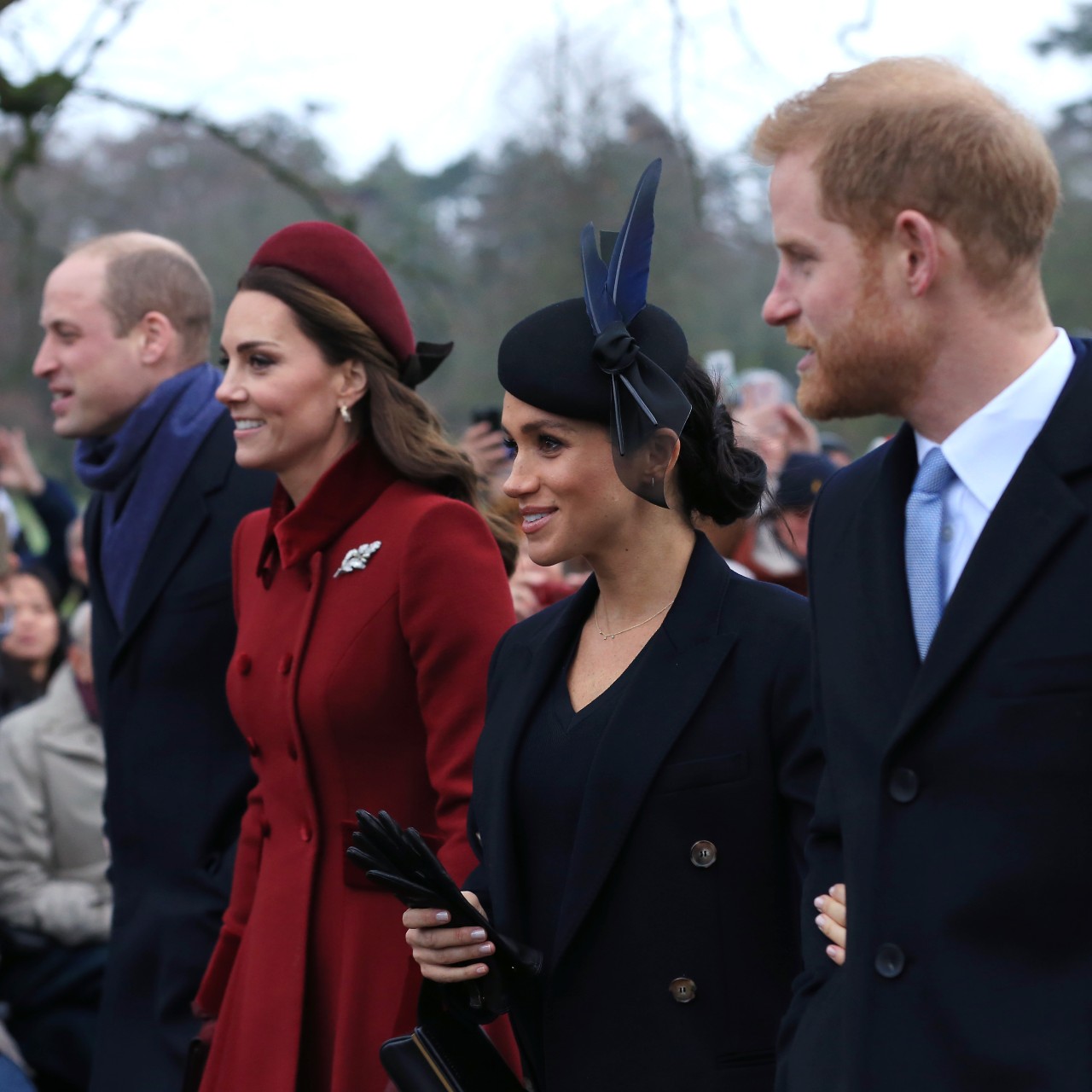
Scobie said this before Archie’s birth on May 6, 2019; within the year, much had changed. Not only had Harry and Meghan and William and Kate split households (as, again, was always the plan), but Harry and Meghan decided to walk away from being working members of the royal family altogether in January 2020, relocating in the process from Harry’s native U.K. to Meghan’s native U.S. In the years since, it has emerged that not only was the split of households always going to happen (whether Harry married Meghan or Chelsy Davy or Cressida Bonas or insert anyone’s name here), but that Harry’s disdain for life as a working royal and thoughts of leaving the Firm were present more than a decade prior to Harry meeting Meghan over the summer of 2016, when he was 31 years old—and even stemmed back to his childhood.
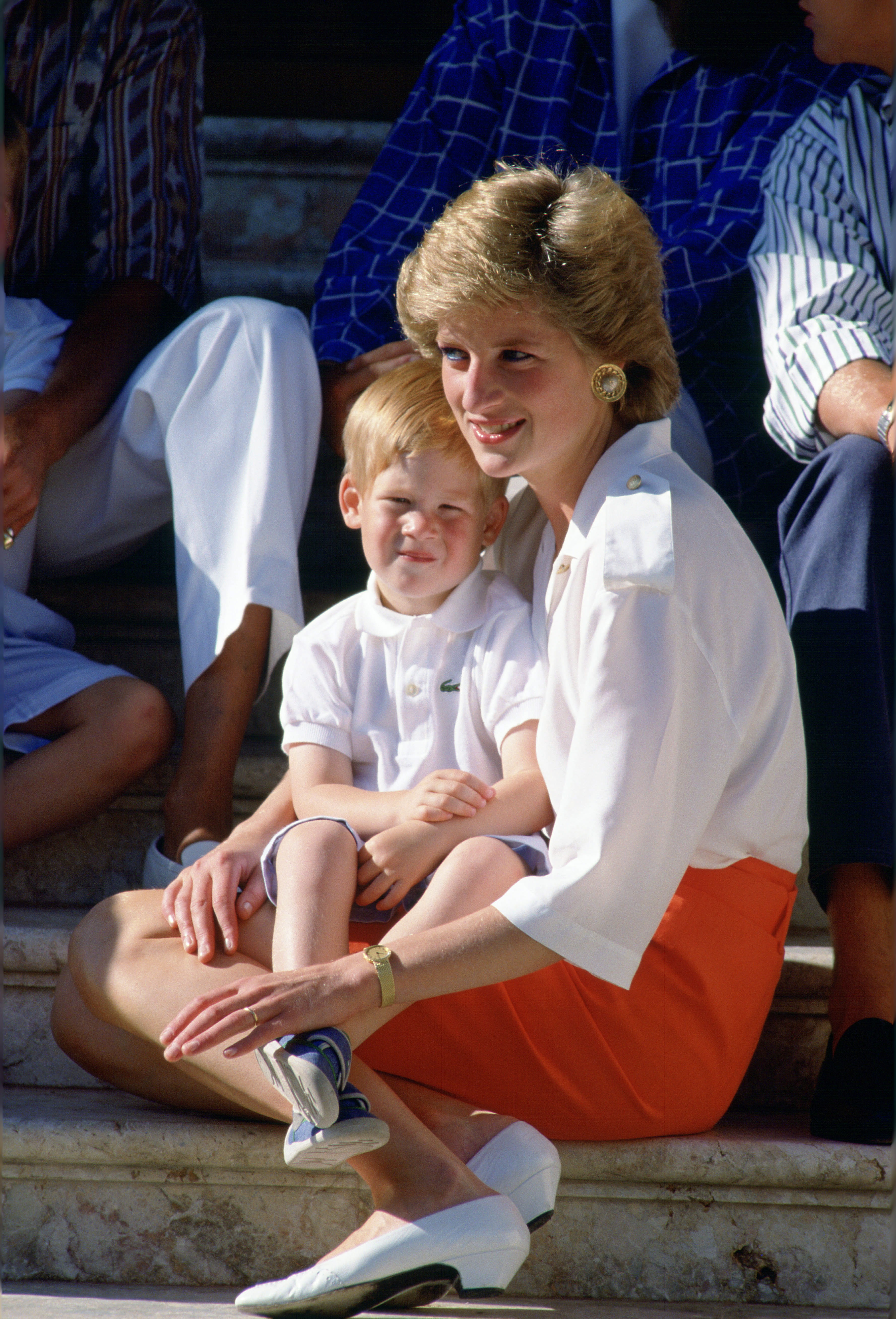
In 2022, journalist Bryony Gordon told The Telegraph that Harry “wanted out from the crazy cult of royalty” since childhood, but only got the courage to leave after meeting Meghan. (It seems very much that Meghan didn’t light the flame or start the fire, she just provided the extra spark of confirmation that it was the right decision for Harry and made the flame burn brighter, to the point where it couldn’t be ignored or hidden under a bushel.) Harry himself said this on the “Armchair Expert” podcast in May 2021, telling host Dax Shepard “In my early twenties, it was the case of ‘I don’t want this job. I don’t want to be here, I don’t want to be doing this—look what it did to my mum. How am I ever going to settle down and have a wife and a family when I know it’s going to happen again?’ Because I know, I’ve seen behind the curtain, I’ve seen the business model, I know how this operation runs and how it works, and I don’t want to be part of this.”
Could it be made any clearer?
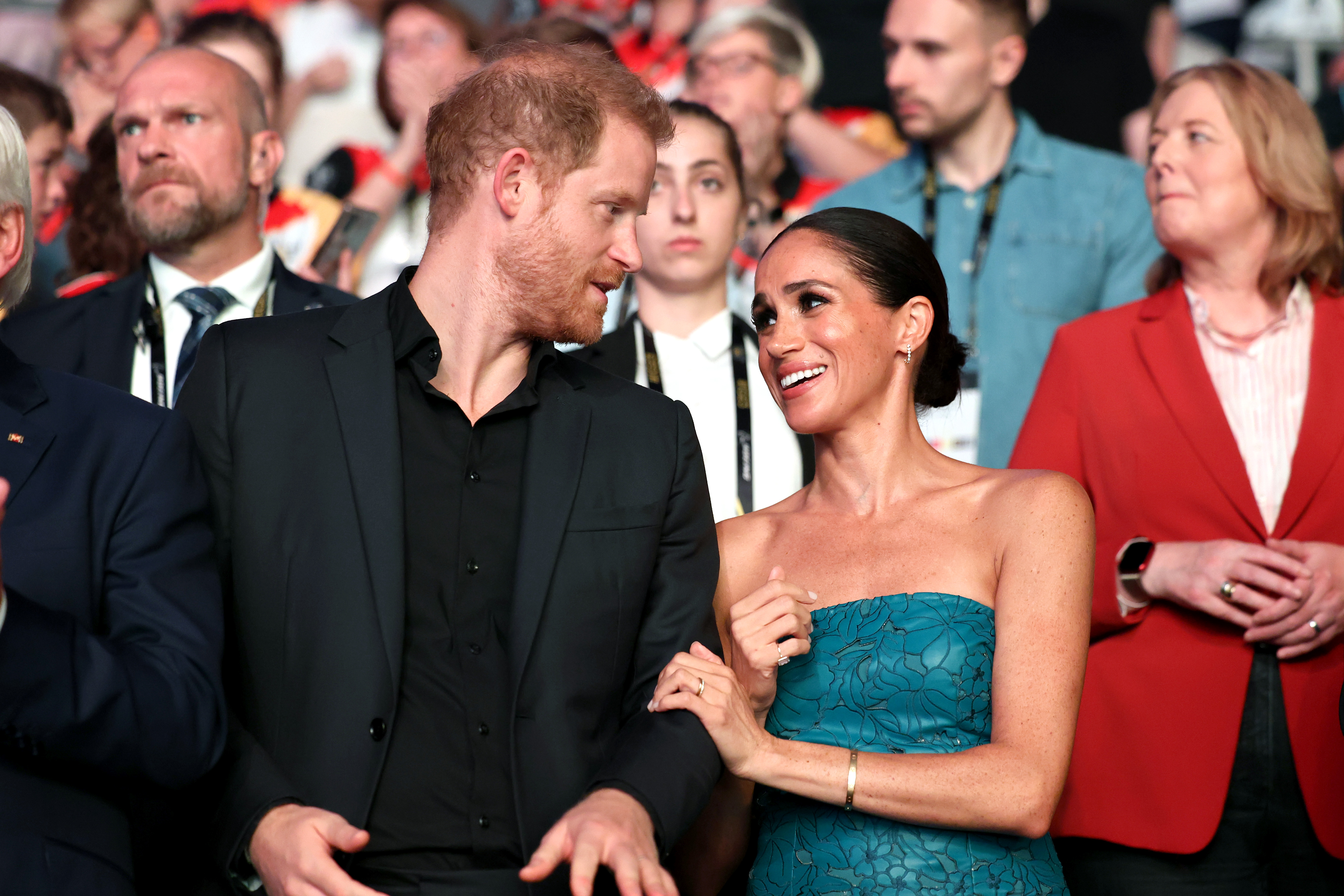
Editor’s note: Whether anyone agrees or disagrees with the decision to leave and everything that has happened in the three-plus years since is, quite frankly, none of our business; though, of course, everyone is entitled to an opinion on this matter and any other, it’s not our life, not our choice, and, really, not our problem. But what is a problem is that, in this situation and countless others, it’s always the woman’s fault; it’s far too easy, lazy, and oftentimes incorrect to spew vitriol at a woman where, at least in this case, the ship had sailed long before Meghan arrived at the port of call. As this writer has thought so many times lately (whether in reference to the royal family or not), “I can’t believe we are still having this same, tired conversation”; the term Megxit, beyond being offensive, is just simply incorrect. Sure, it may sound cute to a journalist to rhyme this term with Brexit (okay, you did it 700 times since January 2020—let’s move on), but, if you know the facts (listen to Harry tell you himself) and continue to perpetuate a longstanding trope about all women funneled down to the attack of one specific woman, you’re in the wrong, period. We can and should do better—as a society, and especially as journalists. And, in this case, burying the term “Megxit” is a good place to start.
Get exclusive access to fashion and beauty trends, hot-off-the-press celebrity news, and more.

Rachel Burchfield is a writer, editor, and podcaster whose primary interests are fashion and beauty, society and culture, and, most especially, the British Royal Family and other royal families around the world. She serves as Marie Claire’s Senior Celebrity and Royals Editor and has also contributed to publications like Allure, Cosmopolitan, Elle, Glamour, Harper’s Bazaar, InStyle, People, Vanity Fair, Vogue, and W, among others. Before taking on her current role with Marie Claire, Rachel served as its Weekend Editor and later Royals Editor. She is the cohost of Podcast Royal, a show that was named a top five royal podcast by The New York Times. A voracious reader and lover of books, Rachel also hosts I’d Rather Be Reading, which spotlights the best current nonfiction books hitting the market and interviews the authors of them. Rachel frequently appears as a media commentator, and she or her work has appeared on outlets like NBC’s Today Show, ABC’s Good Morning America, CNN, and more.